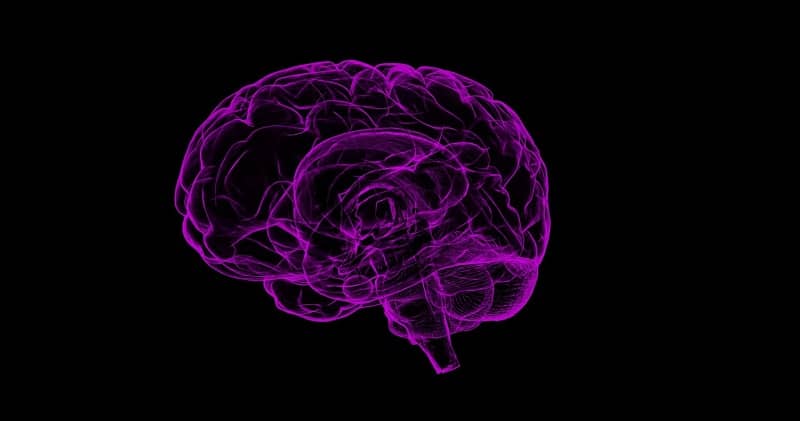You can’t always tell if someone has a suppressed memory merely by looking at them. This is due to the fact that people with repressed memories are unaware that they have one such condition.
While some mental health professionals, such as psychologists, believe that repressed memories can be restored, researchers are less convinced.
So, to understand this complexity of what is Memory Repression and what are the symptoms of repressed trauma, let’s dig right into the topic itself.
What is Memory Repression?

Repression is a protective mechanism in which a person unconsciously pushes uncomfortable or distressing memories and thoughts away.
It permits a person to appear to live a somewhat regular life while being oblivious to the reality of traumatic experiences.
It’s vital to remember that repression is an unconscious behavior that occurs without a person wanting to do so. Suppression is when a person intentionally pushes away upsetting ideas.
Memories are not always dependable sources of information, but, whether correct or not, symptoms of repressed childhood trauma can play a role in the development of personality and behavior.
Signs You Have Repressed Trauma
Memory and trauma are both complex subjects that scholars are still trying to grasp. Leading specialists in both domains are continuing to look into possible connections.
Consider seeing a licensed therapist if you’re having problems recalling a childhood memory or don’t remember a horrific event that someone has told you about.
I hope you have got a good knowledge about what memory repression is and how it can affect a person. But what can be seen as signs of repressed childhood trauma in adults? So now, let’s get to our next topic.
Repressed Memory Symptoms
Make sure to discuss anything unusual you’re experiencing, both physically and psychologically, during your initial appointments. While some trauma symptoms are obvious, others are more difficult to spot.
Here are some of the less well-known repressed memory symptoms:
- sleep issues (insomnia), fatigue, or nightmares
- feelings of doom
- low self-esteem
- mood symptoms, such as anger, anxiety, and depression
- confusion or problems with concentration and memory
- physical symptoms, such as tense or aching muscles, unexplained pain, or stomach distress
- It’s Difficult To Control Your Emotions
- You Have Strong Reactions To Specific People and Places
- Sudden Situations Frighten You
- It’s Difficult To Control Your Emotions
- Fear Of Abandonment
- Frequently Emotionally Exhausted and Anxious
- You Have Anger Management Issues
Above all, you can also get more knowledge on the topic of signs you have repressed memories on web searches in more detail.
Are Repressed Memories Real?

Many people believe that terrible or challenging experiences are present in the unconscious as repressed memories when they are too painful or difficult to face.
Hidden truths in the psyche can show in a variety of ways in daily life, including panic attacks, nightmares, anxiety, melancholy, sexual dysfunction, and self-esteem disorders, to mention a few.
However, the concept of repressed memories has provoked a lot of debate in the mental health industry during the last few decades.
Clinical psychologists and therapists who have witnessed signs of unresolved childhood trauma in adults contend that the recollections are true, vivid, detailed, and trustworthy.
Because there is no empirical evidence to support the concept of repression, researchers are more cautious to embrace it as truth.
Some mental health practitioners believe that the brain can repress memories and provide therapy to assist patients retrieve them. Others agree that suppression is theoretically conceivable, despite the lack of tangible evidence.
Repressed Memory Therapy
Despite the dispute surrounding repressed memories, repressed memory therapy is available.
Its goal is to access and recover repressed memories in order to alleviate symptoms. Hypnosis, guided imagery, and age regression techniques are useful tools to help people retrieve memories.
Some specific approaches include:
- brain spotting
- somatic transformation therapy
- primal therapy
- sensorimotor psychotherapy
- neuro linguistic programming
- internal family systems therapy
Repressed memory therapy has the potential to cause major unintended outcomes, such as false recollections.
They can be harmful to the individual who is experiencing them as well as anyone who may be implicated in them, such as a family member suspected of abuse based on a false recollection.
Bottom Line
Memory repression could theoretically occur, but alternative reasons for erased memories are more likely. It’s critical for mental health specialists to take an objective and unbiased approach to treatment.
